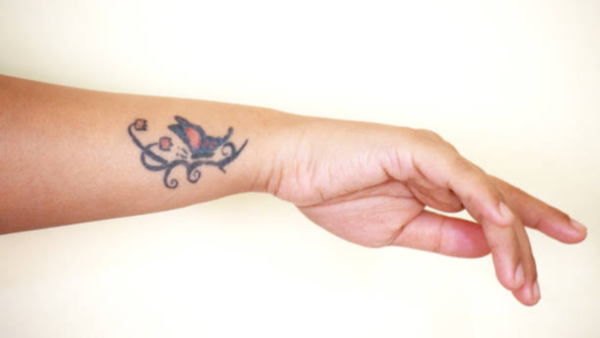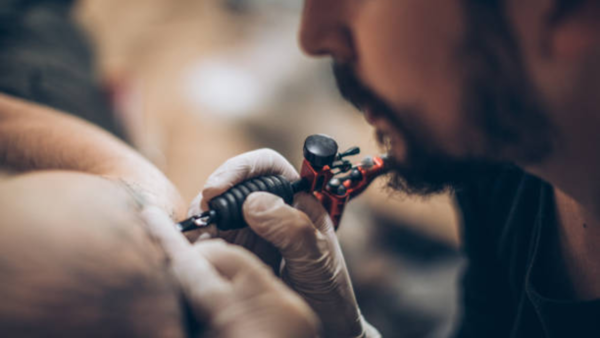The tattoo craze in India has surged in recent years, driven by a convergence of cultural, societal, and personal factors.Historically, tattoos in India have held deep cultural and spiritual significance, with ancient practices like Mehndi and tribal tattoos influencing contemporary trends. Today, tattoos serve as powerful symbols of personal expression and identity in a rapidly modernizing society. Social media has played a pivotal role in popularizing tattoos among the youth, showcasing diverse tattoo designs and celebrity endorsements that make tattoos fashionable and accessible.
However, you need to rethink before going for a tattoo and the reason is backed by scientific evidence. A team of researchers from Sweden have found that tattoo can increase the risk of cancer in the lymphatic system which is medically referred to as lymphoma by 21%.
How do tattoos increase cancer risk?

“We already know that when the tattoo ink is injected into the skin, the body interprets this as something foreign that should not be there, and the immune system is activated,” Lund University researcher Christel Nielsen, who led the study, said in a statement.
“After taking into account other relevant factors, such as smoking and age, we found that the risk of developing lymphoma was 21 percent higher among those who were tattooed,” he also said.
What is lymphoma?
Lymphoma is a type of cancer that originates in the lymphatic system, which is part of the body’s immune system. The lymphatic system includes lymph nodes, spleen, thymus, and bone marrow, among other components, and plays a crucial role in fighting infections and diseases. Lymphoma develops when abnormal lymphocytes, a type of white blood cell that helps protect the body from infections, begin to multiply uncontrollably.
Cancer is largely preventable: Dr Anil D’Cruz
Symptoms of lymphoma can vary depending on the type and location of the cancer but often include swollen lymph nodes, fever, night sweats, fatigue, unexplained weight loss, and itching. Diagnosis typically involves a combination of physical exams, imaging tests, blood tests, and lymph node biopsies.
Does the size of the tattoo matter?
Christel Nielsen’s research group initially hypothesized that the size of tattoos might correlate with lymphoma risk, speculating that larger tattoos, such as full body designs, could potentially pose a greater risk compared to smaller, more localized tattoos. However, their study yielded unexpected results: the area of tattooed body surface did not appear to influence lymphoma risk.

“We do not yet know why this was the case. One can only speculate that a tattoo, regardless of size, triggers a low-grade inflammation in the body, which in turn can trigger cancer. The picture is thus more complex than we initially thought,” he has explained.




